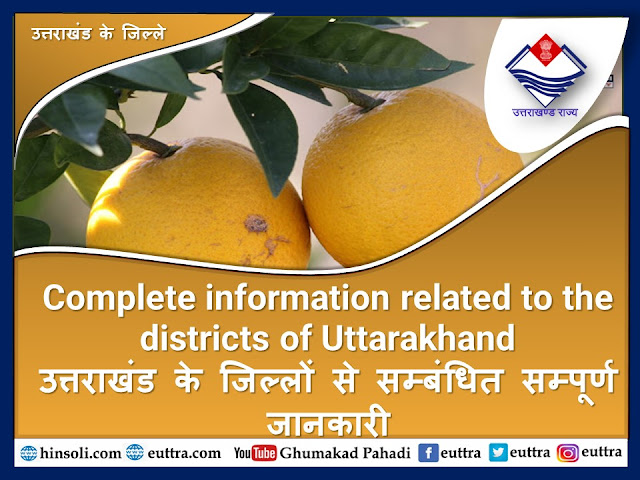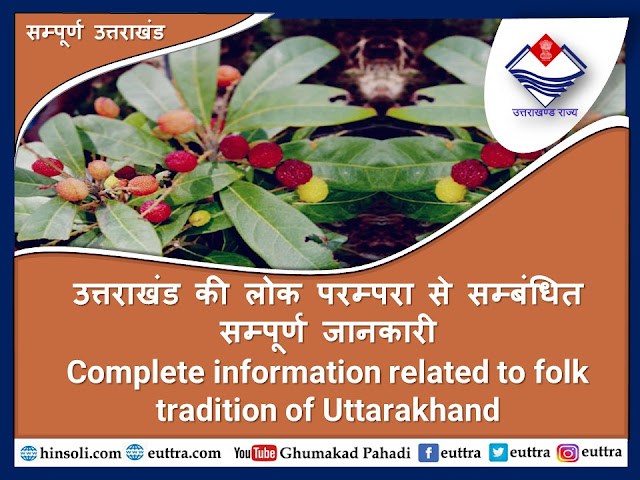Why India celebrate teachers day ?
In India, Teachers' Day is celebrated to honor and show appreciation for the significant contributions of teachers to society. It is observed on September 5th each year to commemorate the birth anniversary of Dr. Sarvepalli Radhakrishnan, who was not only a distinguished scholar but also the second President of India (from 1962 to 1967).
The celebration of Teachers' Day in India can be traced back to 1962 when Dr. Radhakrishnan's students and friends suggested that his birthday be observed as a day to honor teachers. Dr. Radhakrishnan himself believed that "teachers should be the best minds in the country" and that teaching was a noble profession. When he became the President of India, he suggested that instead of celebrating his birthday, it should be celebrated as Teachers' Day to recognize the invaluable role teachers play in shaping the future of the nation.
On Teachers' Day in India, students express their gratitude and respect for their teachers through various activities such as giving flowers, cards, or small gifts, organizing cultural programs and events, and delivering speeches to acknowledge the dedication and hard work of their educators. Schools and educational institutions often organize special assemblies and functions to celebrate this day.
Teachers' Day serves as a reminder of the importance of education and the vital role that teachers play in imparting knowledge, values, and life skills to students. It is a day to show appreciation for the educators who inspire, guide, and influence the future generations of the country.
Dr. Sarvepalli Radhakrishnan life history
Dr. Sarvepalli Radhakrishnan was a prominent Indian
philosopher, scholar, and statesman who served as the second President of India
from 1962 to 1967. Here is a brief overview of his life history:
Birth and Early Life (1888-1975):
- Sarvepalli Radhakrishnan was born on September 5, 1888,
in a small village called Thiruttani in the erstwhile Madras Presidency (now in
Tamil Nadu, India).
- He came from a humble background and faced financial
challenges during his early years, which made his pursuit of education and
scholarship all the more remarkable.
Education and Academic Career:
- Radhakrishnan excelled in his studies and obtained his
Bachelor's degree in Philosophy from the Madras Christian College in 1906.
- He continued his academic journey, earning a Master's
degree in Philosophy from the University of Madras and later completing a
second Master's degree in the same subject from the University of Oxford as a
Rhodes Scholar.
- Radhakrishnan's academic career took him to several
prestigious universities, including the University of Mysore, University of
Calcutta, and University of Oxford.
- He made significant contributions to the field of
philosophy, particularly in the areas of Indian philosophy and comparative
religion.
Teaching Career:
- Radhakrishnan was known for his exceptional teaching
abilities. He served as a professor of Philosophy at various institutions,
including the University of Mysore, University of Calcutta, and Oxford
University.
- His lectures and writings helped popularize Indian
philosophy and spirituality in the Western world.
Philosophical Works:
- Radhakrishnan authored numerous books and articles on
philosophy and religion. His book "The Philosophy of Rabindranath
Tagore" and his translation of the Bhagavad Gita are particularly
renowned.
- He advocated for a deeper understanding of Indian
thought and spirituality in a global context.
Political Career:
- Dr. Radhakrishnan's involvement in politics began with
his appointment as India's Ambassador to the Soviet Union from 1949 to 1952.
- He also served as India's Ambassador to the United
Nations from 1952 to 1954.
- In 1954, he was elected as the Vice President of India
and held the position until 1962.
Presidency (1962-1967):
- On May 13, 1962, Dr. Sarvepalli Radhakrishnan was
elected as the second President of India.
- During his presidency, he remained committed to
education, culture, and the promotion of Indian values and heritage.
- He did not seek a second term as President and retired
from politics in 1967.
Legacy:
- Dr. Sarvepalli Radhakrishnan's contributions to
philosophy, education, and diplomacy are widely recognized and celebrated in
India and around the world.
- His birthday, September 5th, is observed as Teachers'
Day in India, a day dedicated to honoring educators.
Dr. Radhakrishnan's life and work continue to inspire
generations of scholars, educators, and leaders, and he is remembered as one of
India's most distinguished and influential thinkers.

































Follow Us